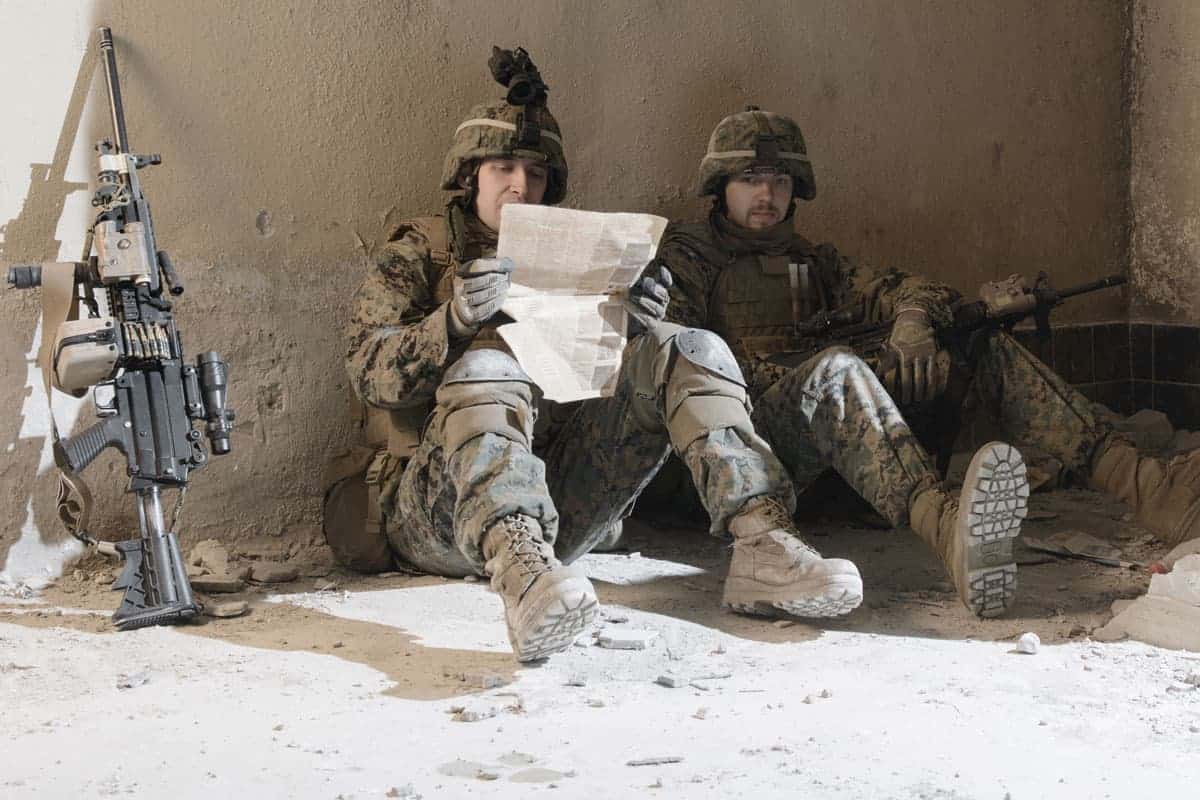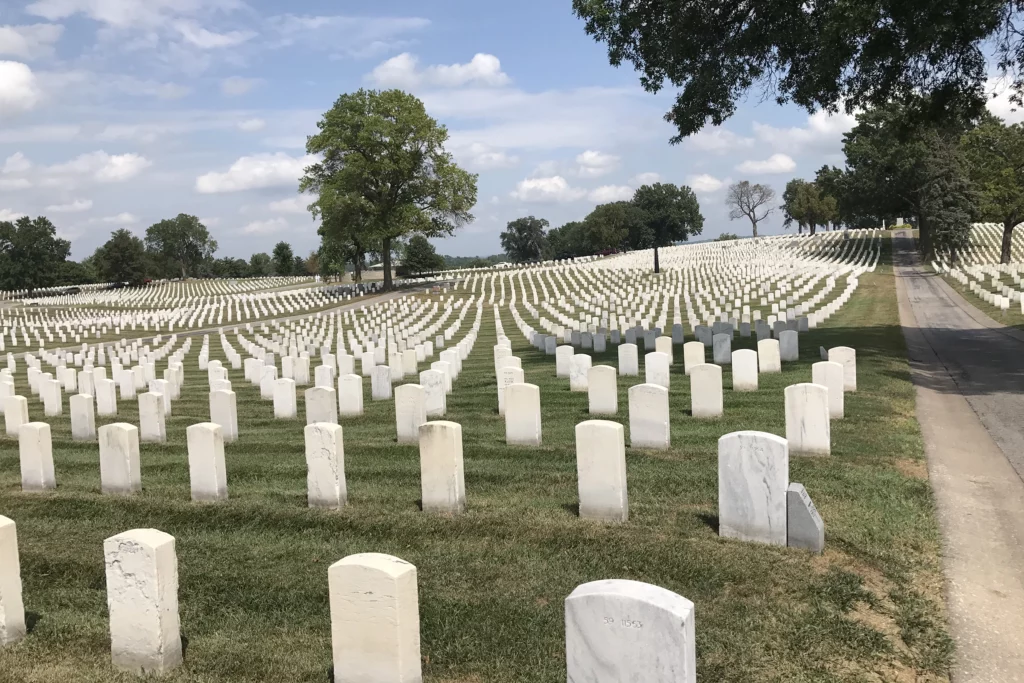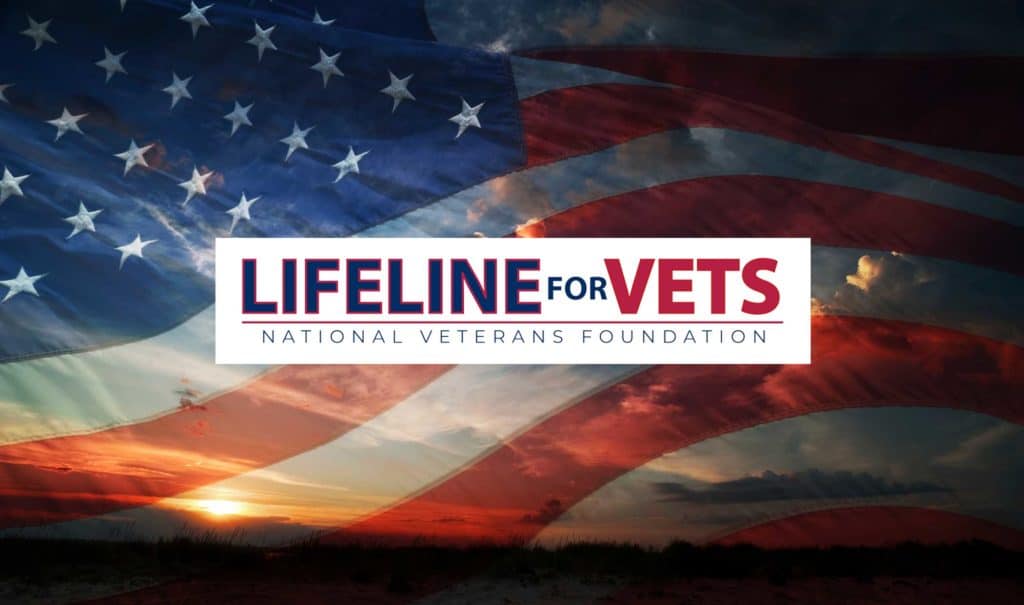Iraq War Veterans – Paving the Way for How we Treat those Returning Home
Iraq War Veterans from 2003 to 2011 have paved the way for an overhaul in the way we treat soldiers returning from war. Unfortunately for some of them, however, awareness about their conditions has been too little, too late.
The generation that fought the Iraq War was not accustomed to war. Not that anyone ever is. But in 2003, back when the Iraq War began, the United States was only two years into the War in Afghanistan. We had yet to learn of the massive, life-changing problems those vets could face even after being discharged.

There Haven’t Been This Many Vets in Over a Generation
Aside from various less-grievous involvement in the 1990s (Somalia, Gulf War, Haiti, etc.), and the 1980s (Grenada, Panama, etc.) the U.S. hadn’t fought on a massive scale like this since Vietnam.
We were a little rusty on understanding what happens to soldiers during war and how the war affects them once they’re back home. What happens in their worlds and communities with untreated symptoms can wreak havoc on their lives and those around them.
We were not yet accustomed to handling constant, large waves of deployment and the aftermath as thousands of returning soldiers attempted to live their lives again.
And who is “We”? It’s all of us: a combined collective of veterans, their families, their friends, the medical community, the VA, and society in general.
Nobody was prepared for any of this.
We Were All Unprepared for These New Casualties of War – Especially the Vets
Now, we have a new generation of vets among us. Many are only in their 30s, yet seem already burdened with a lifetime’s worth of grief. For some, that grief lingers in the form of psycho-social disorders that the nation is still struggling to handle effectively.
What few of us, including the medical community, didn’t know back then was that so many of these vets were saddled with a variety of unseen illnesses and disorders.
With better body armor and new medical technology, the ratio of combat deaths to injuries dropped from 24 percent (Vietnam) to 13 percent (Iraq and Afghanistan). While that was good news, it also meant a higher number of returning injured and sick. And it’s the “sick” vets, whose injuries are invisible to the naked eye, who continue to suffer… very very deeply in many cases.
Iraq War Veterans: Still Coping with Invisible Injuries
What we’ve learned in the 13 years since the start of the Iraq War is that a soldier’s journey is not quickly over. There are many things to deal with once he or she returns home from war. For many Iraq War veterans, a whole new phase of struggle began when they returned home from war. We, as a country were unprepared to support their needs.
If there’s no infrastructure in place to help vets out of the pitfalls and dangers of invisible injuries they suffer. This can be a result of deployment and the result can be devastating. These so-called “invisible” injuries include:
- Depression
- Post-Traumatic Stress Disorder (PTSD)
- Suicide
- Substance abuse
Better Infrastructure is now in Place
Now that we know so much more about these devastating challenges our vets are facing, things are beginning to happen to ensure that infrastructure is in place for them once their military duty has ended.
There’s more access to suicide hotlines, more awareness of PTSD symptoms, more openness to prescription drug-free treatment for PTSD, more opportunities for counseling. Yet we’re still not there.
We need more – as the wave of awareness grows, more Iraq War Veterans (and Vietnam vets) are stepping forward for help. More vets from today’s conflicts need help too. Fortunately for them, however, they had vets from the Iraq War to help forge new directions and growth. There is now an awareness of the invisible injuries that afflict so many of our returning vets. No matter which war they fought.
*****
Our Lifeline for Vets helps Iraq War veterans every day we operate (Monday through Friday). Our goal is to be able to help them every single day of the week, 24 hours a day. We need your help to make this happen. Please donate what you can to help.
Make a difference in a vet’s life. We are veterans helping veterans.
You can be a part of our mission to help Veterans by making a tax-deductible donation!
About the Author
SUBSCRIBE TO OUR BLOG AND NEWS!
By submitting this form, you are granting: NATIONAL VETERANS FOUNDATION INC permission to email you. You may unsubscribe via the link found at the bottom of every email. (See our Email Privacy Policy for details.)
Related Posts





